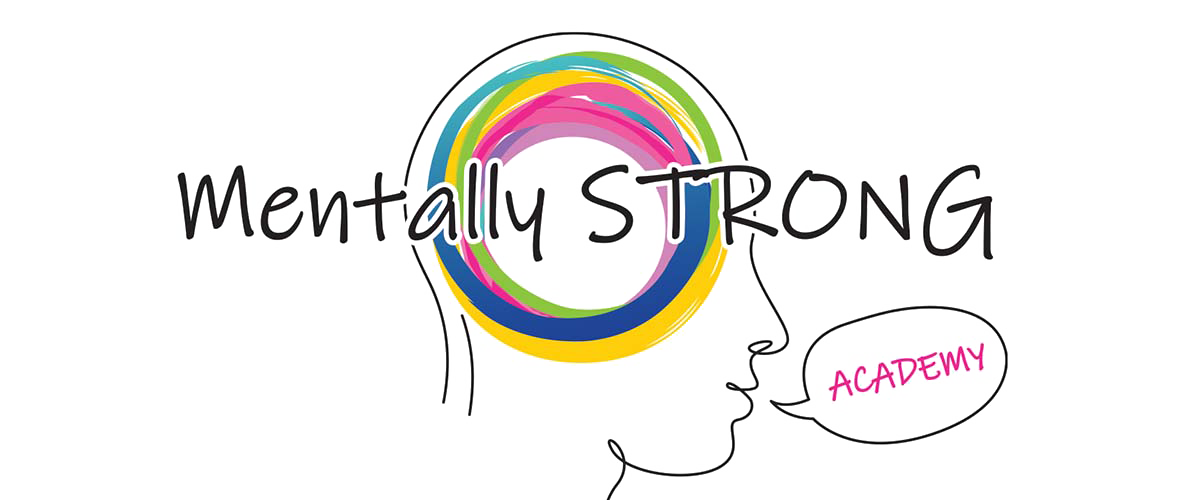Demystifying the DSM: Understanding Trichotillomania
Welcome to the Mentally STRONG Clinic’s blog series on “Demystifying the DSM.” Today’s topic is Trichotillomania, inspired by Dr. Cristi Bundukumara’s (Dr. B) enlightening YouTube video.
What is Trichotillomania?
Do you ever find yourself pulling out your hair? Be it eyelashes, eyebrows, or even the hair on your head? Or perhaps you incessantly pick at your skin, wondering what’s happening? This behavior is called Trichotillomania (hair-pulling disorder) or Excoriation (skin-picking disorder).
Dr. B, a psychiatric nurse practitioner with over two decades of clinical experience, guides us through the intricate world of these disorders. She mentions how trichotillomania and excoriation share similar criteria in the DSM (Diagnostic and Statistical Manual of Mental Disorders) and probably have similar root causes.
Criteria for Diagnosis:
1. Recurrent Behavior: Persistent hair pulling or skin picking.
2. Failed Attempts to Stop: Despite numerous efforts using willpower or positive thinking, the individual cannot cease the behavior.
3. Clinical Impairment: The actions result in clinically significant impairment. For instance, some individuals may have lost their eyebrows, and eyelashes, or have visible scars and sores from skin picking.
4. Not Attributed to Another Condition: These actions aren’t due to another medical or mental health condition. However, Dr. B notes that in her practice, they’re frequently found comorbid with conditions such as generalized anxiety, major depression, or bipolar disorder.
Treatment Options:
1. Cognitive Behavioral Therapy (CBT): It’s usually the primary treatment choice. Still, further intervention might be required for those who find it challenging to control the behavior despite trying their best.
2. Medication: Often used to treat underlying causes like anxiety or impulse control issues. Dr. B mentions medications that increase neurotransmission can be effective. While natural methods like exercise and exposure to sunlight can boost neurotransmission, some might require antidepressants to achieve the desired results.
3. Addressing Impulse Control: Another significant component of these disorders is the issue of impulse control, or the ability to restrain oneself from a particular action or behavior when desired. While ADHD medications can help, Dr. B prefers norepinephrine reuptake inhibitors like Strattera for children or Cymbalta for adults.
In conclusion, trichotillomania and excoriation are common disorders but can be symptoms of deeper underlying issues. It’s essential to recognize and treat them adequately, not just as independent conditions but also in the broader context of overall mental health.
Dr. B emphasizes the importance of self-awareness, insight, and healthier choices on one’s mental health journey. As she puts it, embracing this journey epitomizes mental strength.


